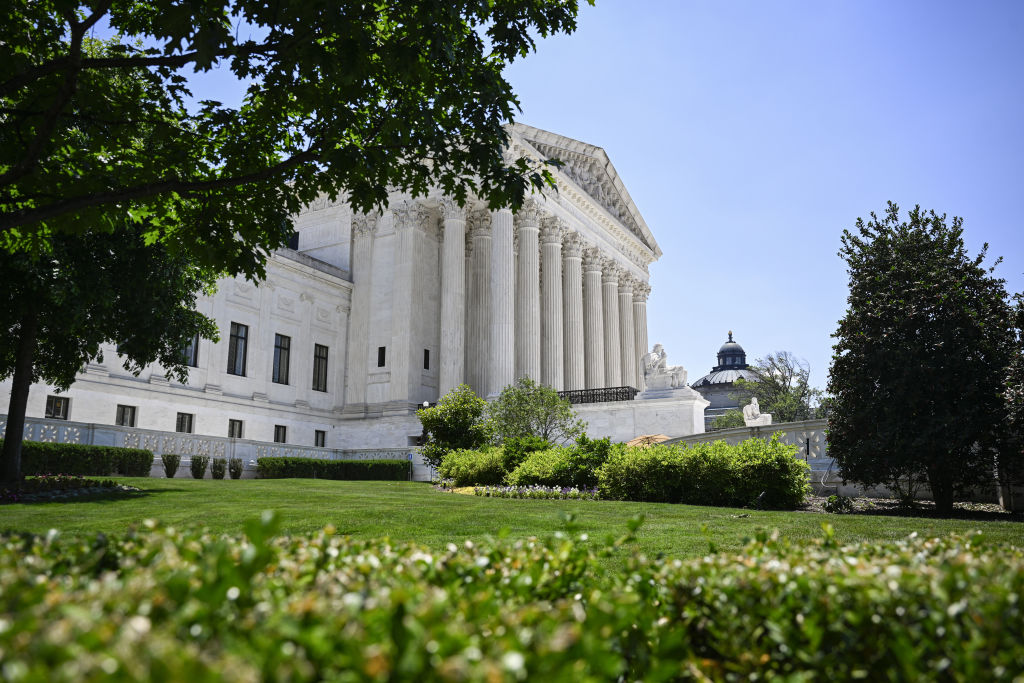Supreme Court Upholds Rule from Biden Administration about Gun Ruling

WASHINGTON — The United States Supreme Court upheld an AYF rule from the Biden administration that essentially says Do-it-yourself guns or “ghost guns” as they are sometimes referred to can be regulated as firearms.
The decision was written by Justice Neil Gorsuch and was a 7-2 decision, meaning some justices considered “conservative” agreed, with the exceptions of Justice Clarence Thomas and Samuel Alito, who dissented.
Guy Relford, a Second Amendment attorney and host of The Gun Guy on WIBC, said the case doesn’t cover all gun kits.
“Some kits may be so incomplete as to not constitute a firearm and therefore not be regulated,” said Relford, on Tony Katz and the Morning News. “Others, though, clearly under the Supreme Court, are finished enough and close enough to being a firearm that they constitute a firearm and can be regulated as firearms.”
He said the complete ones, under the ruling, are subject to the same rules as a gun you’d buy from a manufacturer.
“They have to be serialized. They have to be sold subject to a background check and prohibited possessors can’t buy them,” he said.
When asked if this decision looks as if the courts could take it a step further and teeter on a “slippery slope” of saying that semi-automatics act as automatics, or machine guns, so they could be regulated as machine guns, Relford said he doesn’t think so.
He cited a ruling last year in the “Cargill case” that said “bump stocks” are not illegal.
“Because they make it very clear there that being kinda sorta like an automatic firearm is not being an automatic firearm and a bump stock that replicates, for instance, the rate of fire under some conditions, doesn’t get you ‘close enough’ where you can regulate it like a machine gun.”
Relford said he is concerned that some of the justices who are considered more conservative have shown that they are willing to interpret the Constitution in a way that is “results-driven”, meaning they see a problem and find a way to interpret toward a solution, rather than a strict interpretation of due process.






















